These five bodies supposedly watch over the MACC. But there’s a glaring problem.
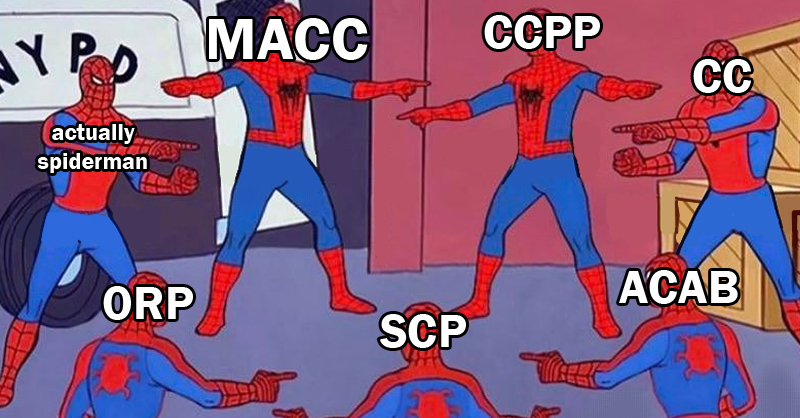
- 352Shares
- Facebook330
- Twitter7
- LinkedIn4
- Email4
- WhatsApp7
The reputation of the Malaysian Anti-Corruption Commission (MACC) had been dropping quite a bit over recent years, but last week it took a dive and crashed into a hot pile of steaming crap. In case you missed the show, MACC’s Chief Commissioner Tan Sri Azam Baki had been found to own millions of shares in a publicly-listed company, which brings about the question of conflicting interests.
Then he went ahead and said that it was his brother who purchased those shares, which constitutes proxy trading which is all kinds of shady. In a probably more-damaging-than-helping move, Azam’s three deputies then put out a signed statement that claims the whole thing is a vengeful political move aimed to bring down MACC’s credibility, and that they (along with the rest of the MACC) remain in support of the chief.
KENYATAAN MEDIA SPRM
Memorandum Sokongan Kepada Tan Sri Dato’ Sri Haji Azam bin Baki Ketua Pesuruhjaya SPRM pic.twitter.com/8g1kaBGvWO
— SPRM (@SPRMMalaysia) January 9, 2022
To add to the whole sus-ness of the situation, the chairman of the Anti-Corruption Advisory Board (ACAB) practically came out and said that Azam did no wrong, but the other members of ACAB later clarified was the chairman’s own opinion and not theirs. Yikes. If we didn’t think there was anything wrong before, we surely do now.
With the whole drama, we thought it’d be a good time to ask ourselves a question. The MACC keeps everyone else in check from corruption, but… who keeps the MACC in check?
Apparently, when the MACC was born, a check and balance mechanism was implemented as well, and five external oversight bodies described as ‘independent’ were established along with it. Wah, so many! Today, we’ll be introducing you to these five, starting with the one mentioned in the news recently…
1. The Anti-Corruption Advisory Board (ACAB)
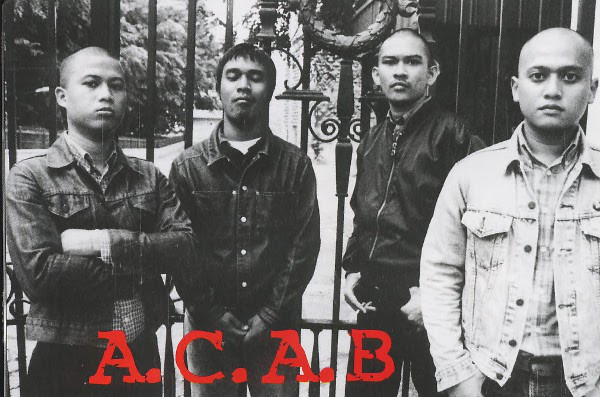
Yeah, none of these bodies seem to have logos, so be prepared for more unrelated pictures ahead. This body is set up under the MACC Act (Act 694), with the Agong appointing the members from people who “have rendered distinguished public service or have achieved distinction in their professions”, on the advice of the Prime Minister. Interestingly, MACC’s Chief Commissioner is also a member, by virtue of his position.
What the ACAB does is essentially making sure that the MACC performs their anti-corruption job well: they advice the MACC on the corruption problem in Malaysia as well as MACC’s strategies to handle it, they check MACC’s annual reports, and make sure MACC has enough resources, among other things. They also give comments based on MACC’s performance to another monitoring body, the SCC.
2. The Special Committee on Corruption (SCC)
Like the ACAB, the SCC is also set up under the same law, but the Agong appoints the members from politicians: members of the Senate and the Dewan Rakyat that are not administration members, and not members of the ACAB. These appointments are still done under the advice of the Prime Minister.
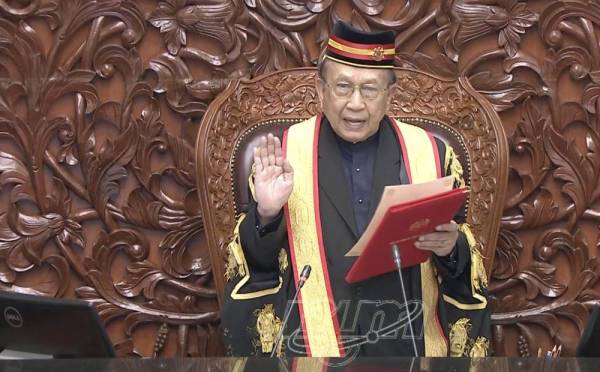
Their functions include examining ACAB’s comments on MACC’s performance as well as MACC’s annual report and advising the Prime Minister on any aspect of Malaysia’s corruption problem. Basically, they make an annual report that includes recommendations and suggestions to empower the MACC and combat corruption in Malaysia for the Prime Minister to present in the Parliament.
3. The Complaints Committee (CC)
The CC is established by the same law as the previous two committees, but the appointment of the members is made by the Home Minister, from members of the Legislative Council and prominent members of society who are not members of any of the other four monitoring bodies.
Their function revolve around making sure that misconduct complaints against MACC officers are handled well; misconduct meaning that they don’t deal with criminal complaints. They also identify weaknesses in MACC’s work procedures that might lead to complaints, and recommend solutions.
4. The Operations Review Panel (ORP)
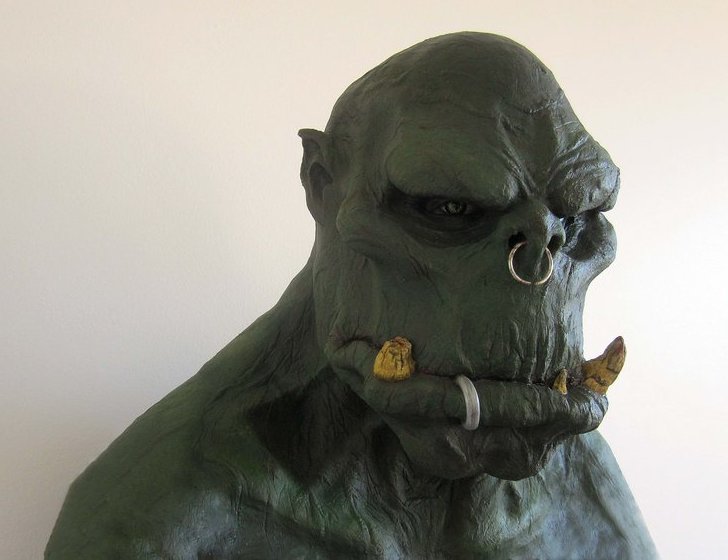
Unlike the previous three entities, the ORP‘s establishment is not provided for under the MACC Act. The members are appointed administratively by the Prime Minister among ‘experts who represent relevant professions and whom can represent the quality of integrity and independence’ of the MACC.
Their function is more towards making sure that there’s no funny business in MACC’s investigations. They look the statistics of investigations started by the MACC, question them on Investigation Papers that take more than a year, get reports when suspects get bail over six months, advise improvements based on completed investigations, and make suggestions to the ACAB on improving MACC’s investigation operations.
5. The Consultation and Corruption Prevention Panel (CCPP)
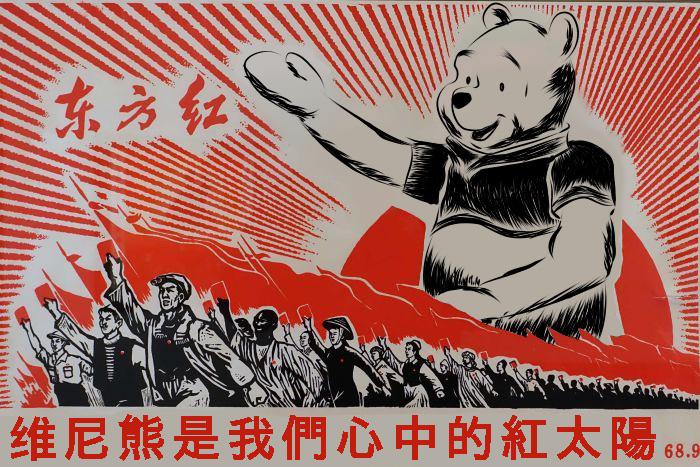
Like the ORP, this entity is also not provided by law and the members are appointed administratively by the Prime Minister. The membership are people who can represent various civil societies and organizations.
There was drama from this entity regarding the recent Azam Baki case: one of the members, Prof Dr Edmund Terence Gomez, had reportedly resigned from it in protest over the panel’s inaction. This move was later rebuked by the chairman as ‘using the panel for political agenda‘.
Anyways, the CCPP‘s function generally centers around assisting the MACC in making the society hate corruption. Like advising the MACC in public education activities, best practices in implementing anti-corruption activities, assisting the MACC in getting public and media support… wait, why is this body part of MACC’s check and balance again? Actually, in fact…
How do any of these five bodies keep the MACC in check?
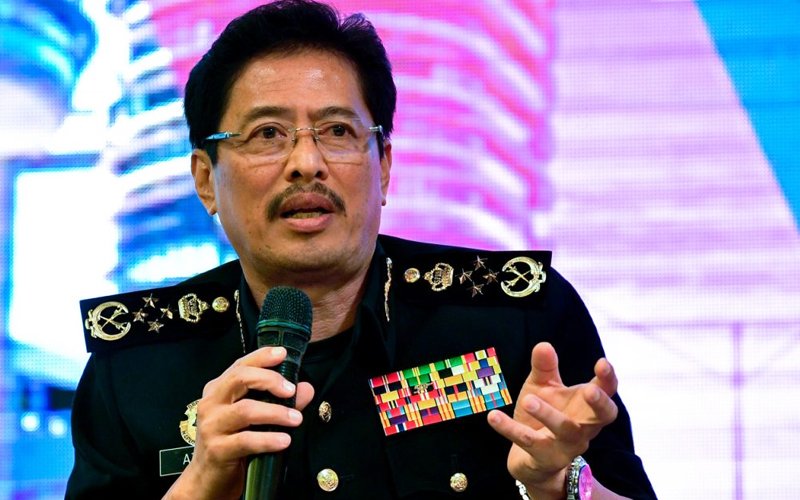
Having a check and balance ensures that power is not concentrated in the hands of any one individual or group, but based on the short descriptions of these five bodies, advertised as MACC’s check and balance mechanism, you might’ve already noticed a huge ol’ red flag. All of the members of these entities are, either directly or indirectly, appointed by the Prime Minister, just like the Chief Commissioner of the MACC himself. Maybe in a perfect world this isn’t an issue, but our own experience with the 1MDB scandal had proven that the arrangement can – and allegedly has – been abused.
Azam Baki had recently said that he won’t resign, as he has already ‘submitted himself’ to be investigated by the MACC’s panels, and insisting that he ‘will not jump to the rhythm of any party with a specific political agenda’.
“I am firm and will be steadfast in my stand not to resign because there is no need for me to step down. Only one individual, who is most qualified to terminate my duty, is the Yang di-Pertuan Agong. Other than that, I don’t care about whatever demands by certain quarters.” – Azam Baki, as quoted by MalaysiaKini.
But knowing what we do now about the panels, it seems reasonable that a lot of people wouldn’t be convinced with that. At the very least, not the 50 civil society groups plus a few more that asked for the Prime Minister to launch an independent investigation on the matter.
- 352Shares
- Facebook330
- Twitter7
- LinkedIn4
- Email4
- WhatsApp7
